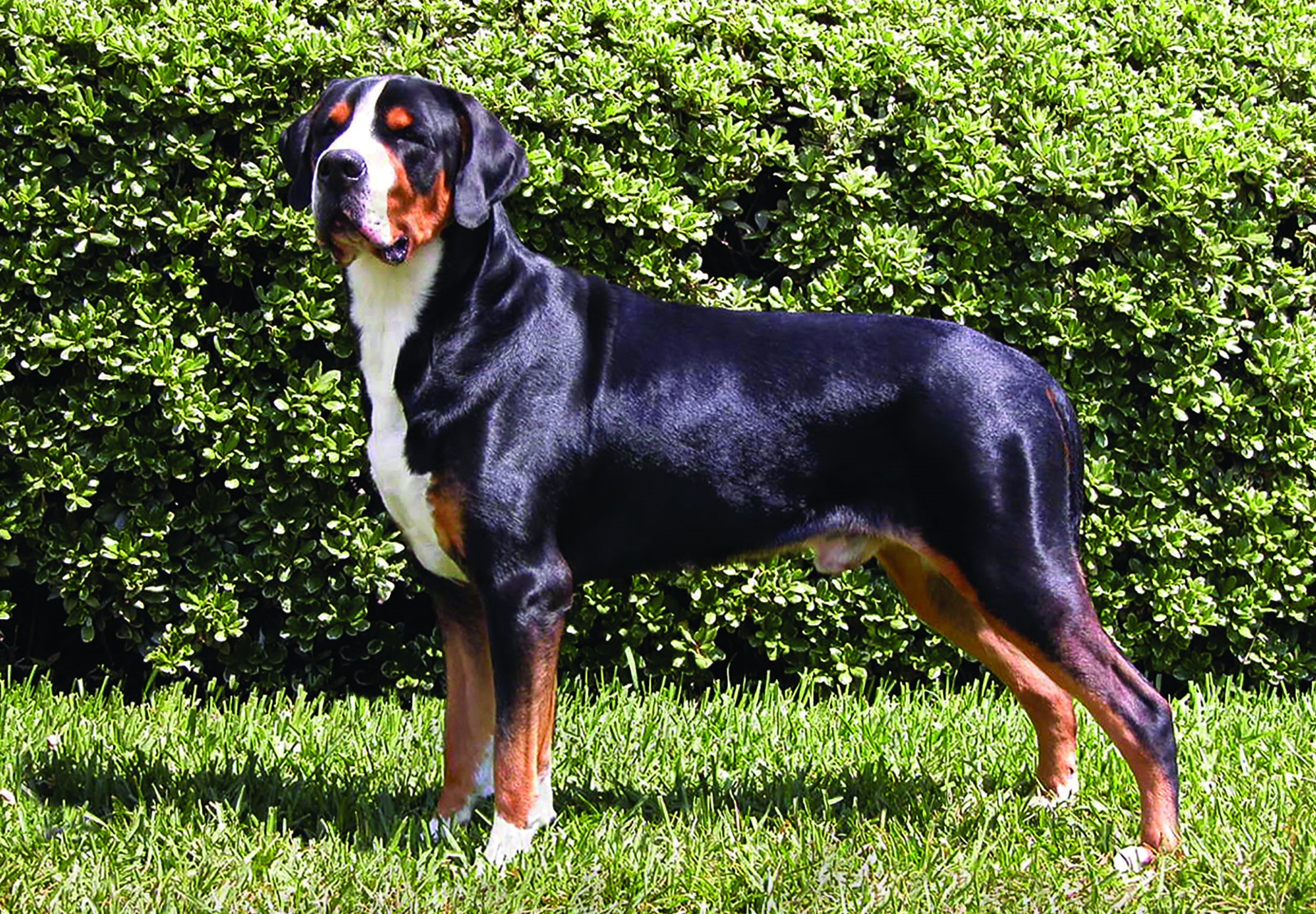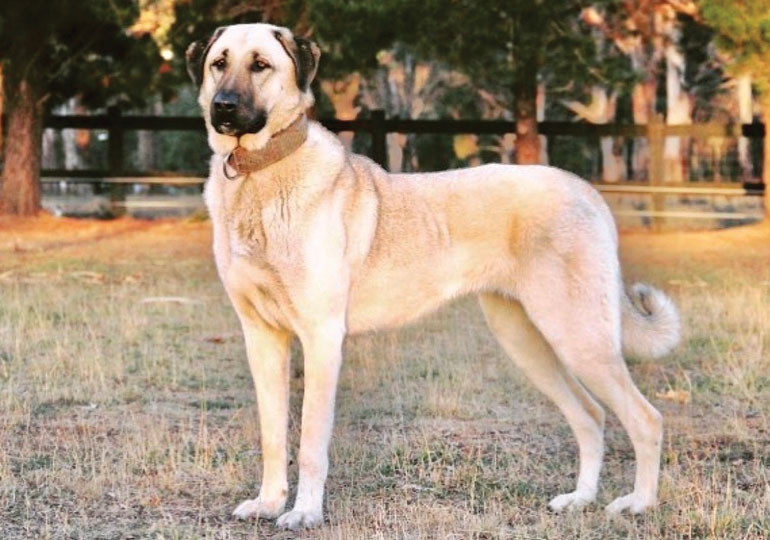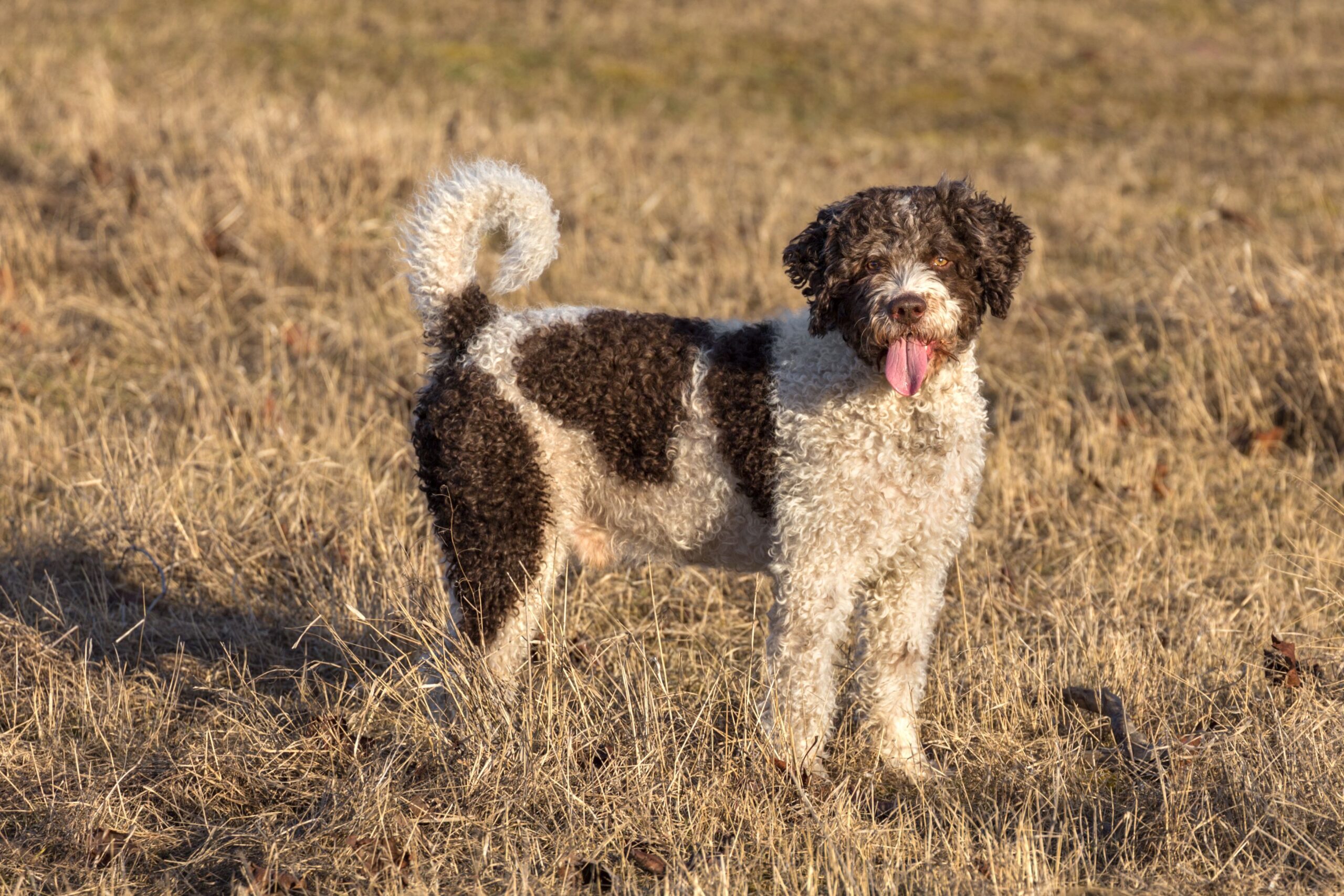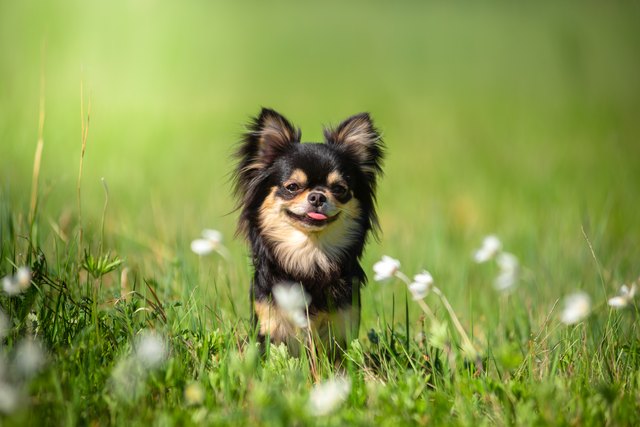Introduction
The Greater Swiss Mountain Dog is a large breed of dog that originated in Switzerland. These dogs were originally used as working dogs for herding, guarding, and pulling carts, but they also make great family pets due to their loyal, affectionate, and gentle nature. They have a strong and muscular build, with a thick and glossy coat that is typically black, brown, and white. With proper training and socialization, Greater Swiss Mountain Dogs can thrive in a variety of living situations, from a family home to a rural farm. However, they do require regular exercise and grooming to maintain their health and appearance. Overall, the Greater Swiss Mountain Dog is a beautiful, versatile, and loving companion for those who appreciate large, devoted dogs.
Greater Swiss Mountain Dog Temperament
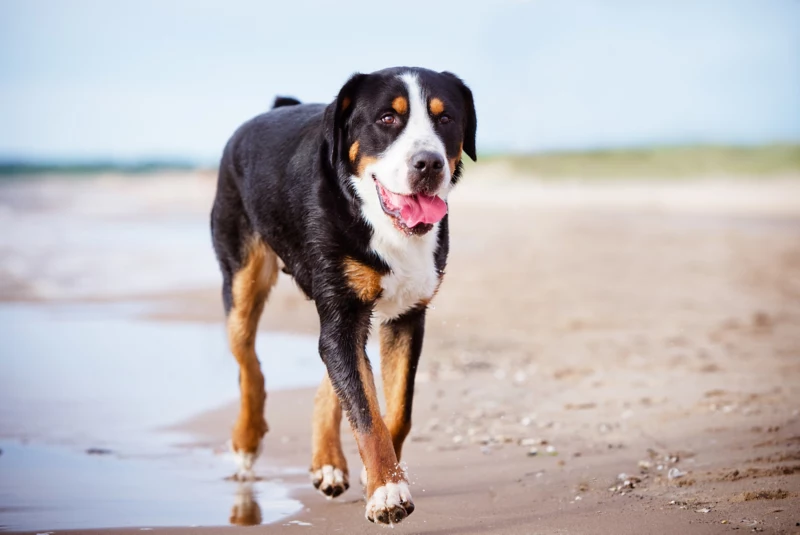
They known for their loyal, affectionate, and gentle nature. These dogs are typically calm and easygoing, making them great family pets. They are also intelligent and eager to please, which makes them relatively easy to train. However, they can be stubborn at times, so consistent and patient training is recommended. These Dogs are usually good with children and other pets, but early socialization is important to ensure they get along well with others. They have a strong protective instinct, which makes them great watchdogs, but they are not typically aggressive towards strangers. Overall, the Greater Swiss Mountain Dog is a friendly, loving, and loyal companion that makes a great addition to any family.
Aggression
While Greater Swiss Mountain Dogs are generally known for their gentle and friendly nature, like all dogs, they can exhibit aggressive behavior under certain circumstances. Aggressive behavior in Greater Swiss Mountain Dogs can be caused by a variety of factors, including fear, territoriality, lack of socialization, and medical issues. It is important to note that aggressive behavior should never be tolerated in any dog breed and owners should take steps to prevent it.
Health and Lifespan of Greater Swiss Mountain Dog
The reported lifespan range of these Dogs is typically between 8 to 11 years. However, like all dogs, individual lifespan can vary based on factors such as genetics, diet, exercise, and overall health. To help maximize their lifespan, it is important to provide Dog with proper nutrition, regular exercise, and routine veterinary care. Regular check-ups with a veterinarian can help catch any health issues early on, and implementing preventative measures such as dental cleanings and parasite control can also contribute to a longer, healthier life.
Food
The best food for a Greater Swiss Mountain Dog will depend on several factors such as age, weight, activity level, and any specific health concerns. In general, it is recommended to feed high-quality dog food that is formulated for large breed dogs. These foods typically have a balanced nutrient profile that supports joint health and overall well-being. It is important to avoid foods that contain artificial preservatives, flavors, or colors as well as those with high amounts of fillers, such as corn or wheat.
Training for Greater Swiss Mountain Dog
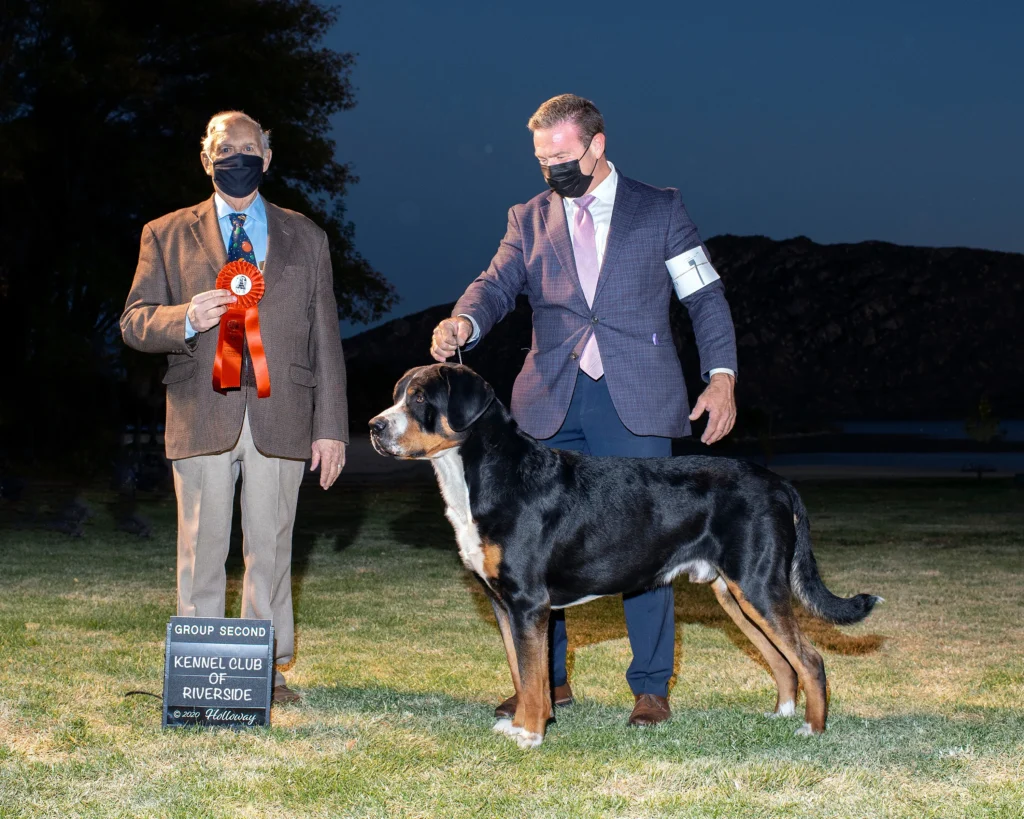
Training them requires starting early, using positive reinforcement, being consistent, socializing the dog, providing plenty of exercise, and considering professional training if necessary.
Conclusion
In conclusion, the Greater Swiss Mountain Dog is a loyal, affectionate, and gentle breed that makes a wonderful family pet. With proper training, socialization, and care, these dogs can thrive in a variety of environments and make great companions. However, it is important to note that like all dogs, they can exhibit aggressive behavior if not properly trained and socialized. If you are considering adding a Greater Swiss Mountain Dog to your family, make sure to research the breed thoroughly and consult with a veterinarian or experienced breeder to ensure that this is the right breed for you.
